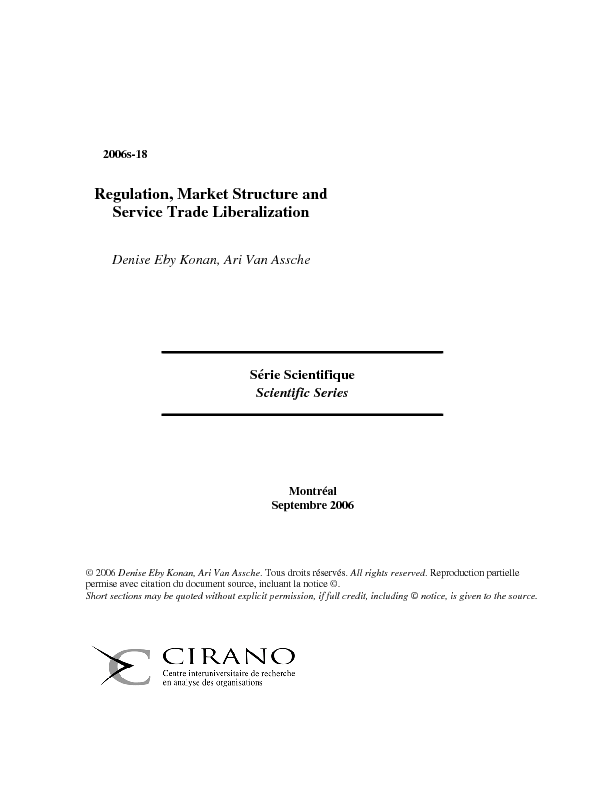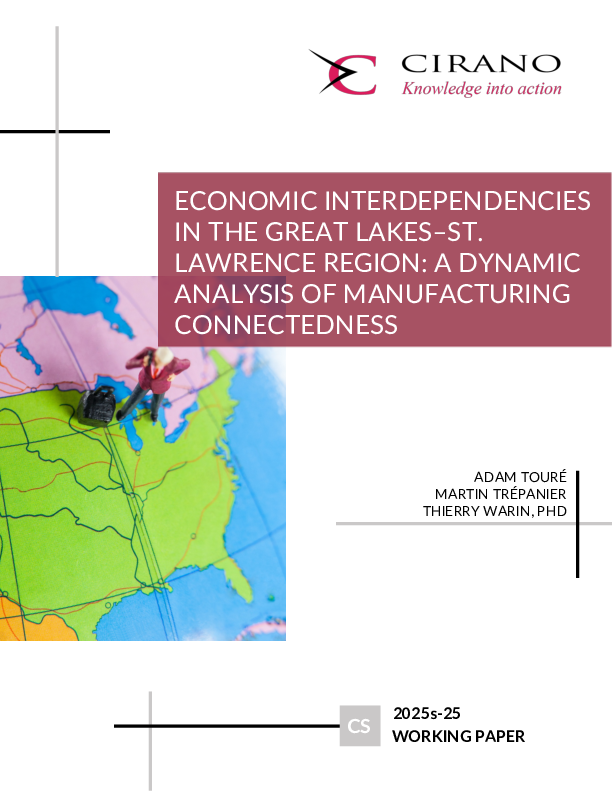Regulation, Market Structure and Service Trade Liberalization
In this paper, we develop a method to quantify the importance of regulation and market structure on the success of trade liberalization. For this purpose, we incorporate a single imperfectly competitive service sector that can take on various market structures into a standard computational general equilibrium model. We apply our framework to analyze the impact of allowing a single foreign telecom provider to enter Tunisia. If the regulation environment guarantees competition, Tunisia's welfare can improve up to 0.65 percent. If a cartel is formed between the domestic incumbent and foreign entrant, however, Tunisia's welfare can drop up to 0.25 percent. Our results thus call for Tunisia among other developing countries to step up its procompetitive regulatory reforms while liberalizing its telecom sector.
[ - ]




